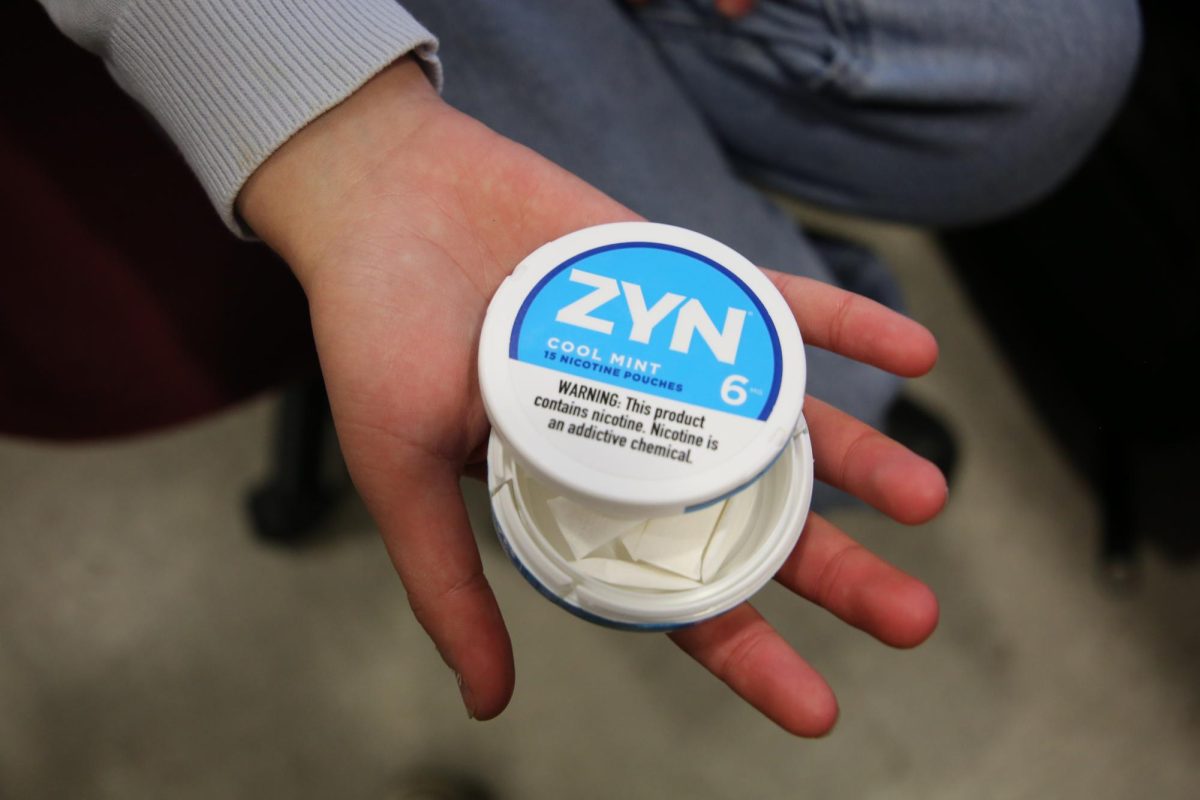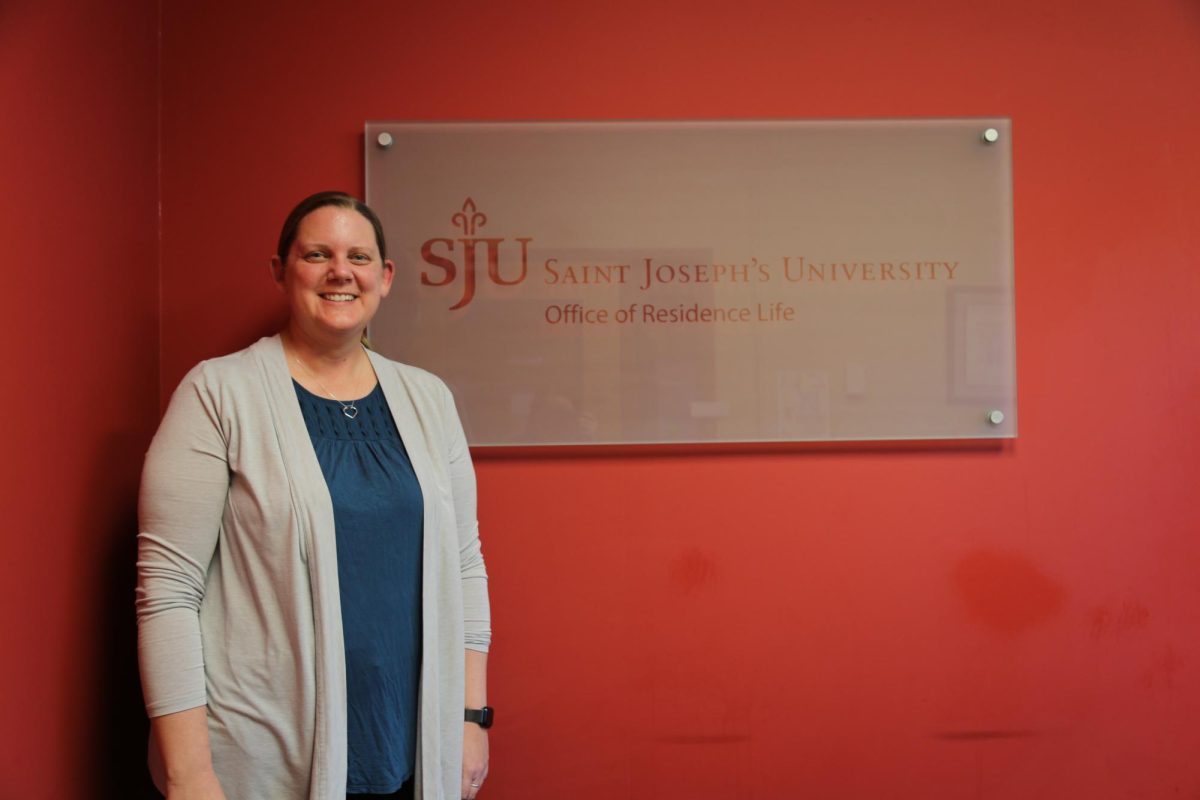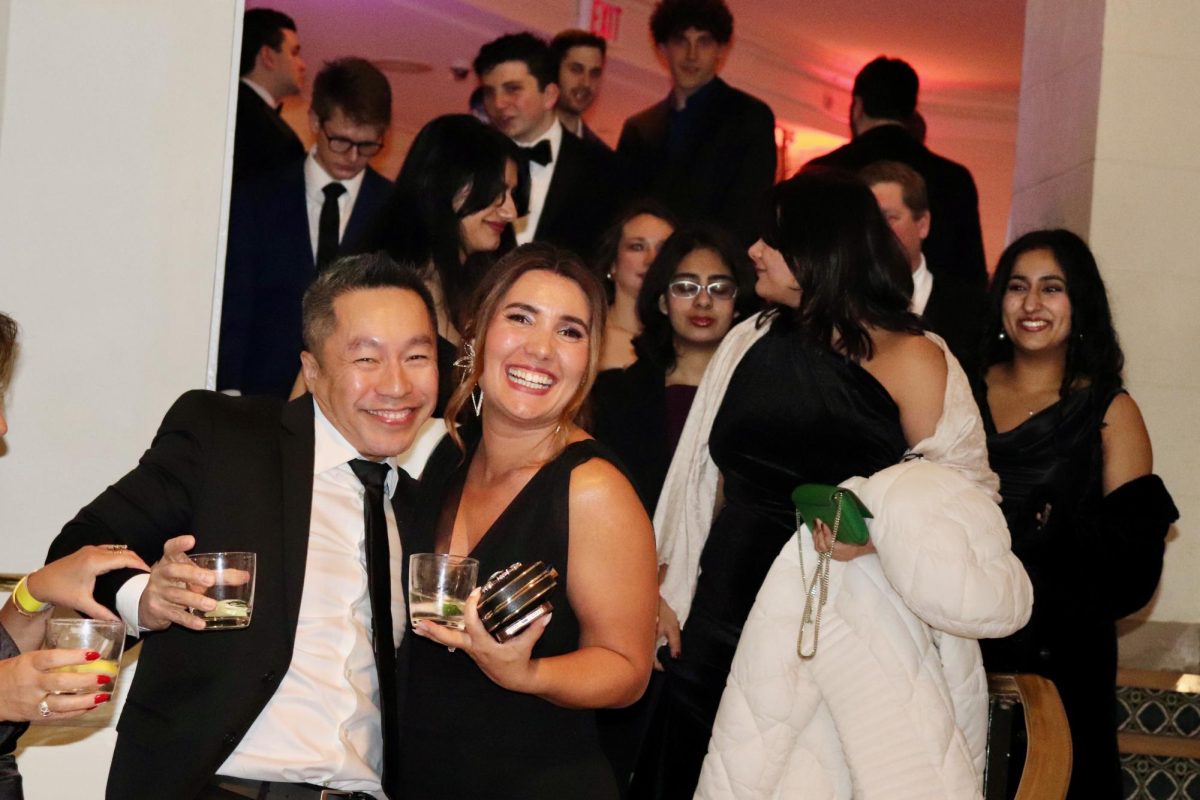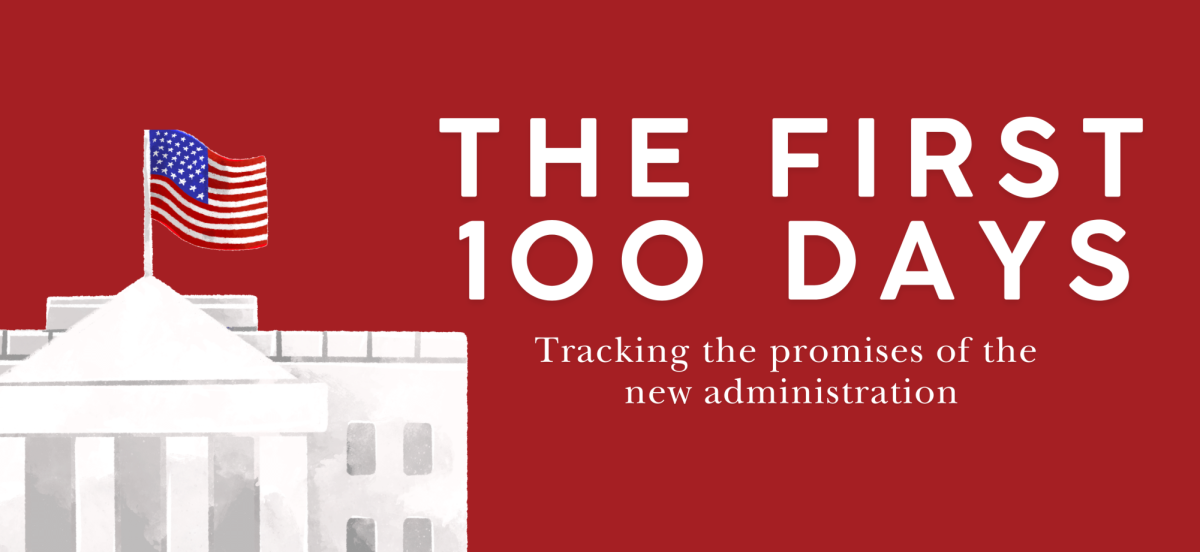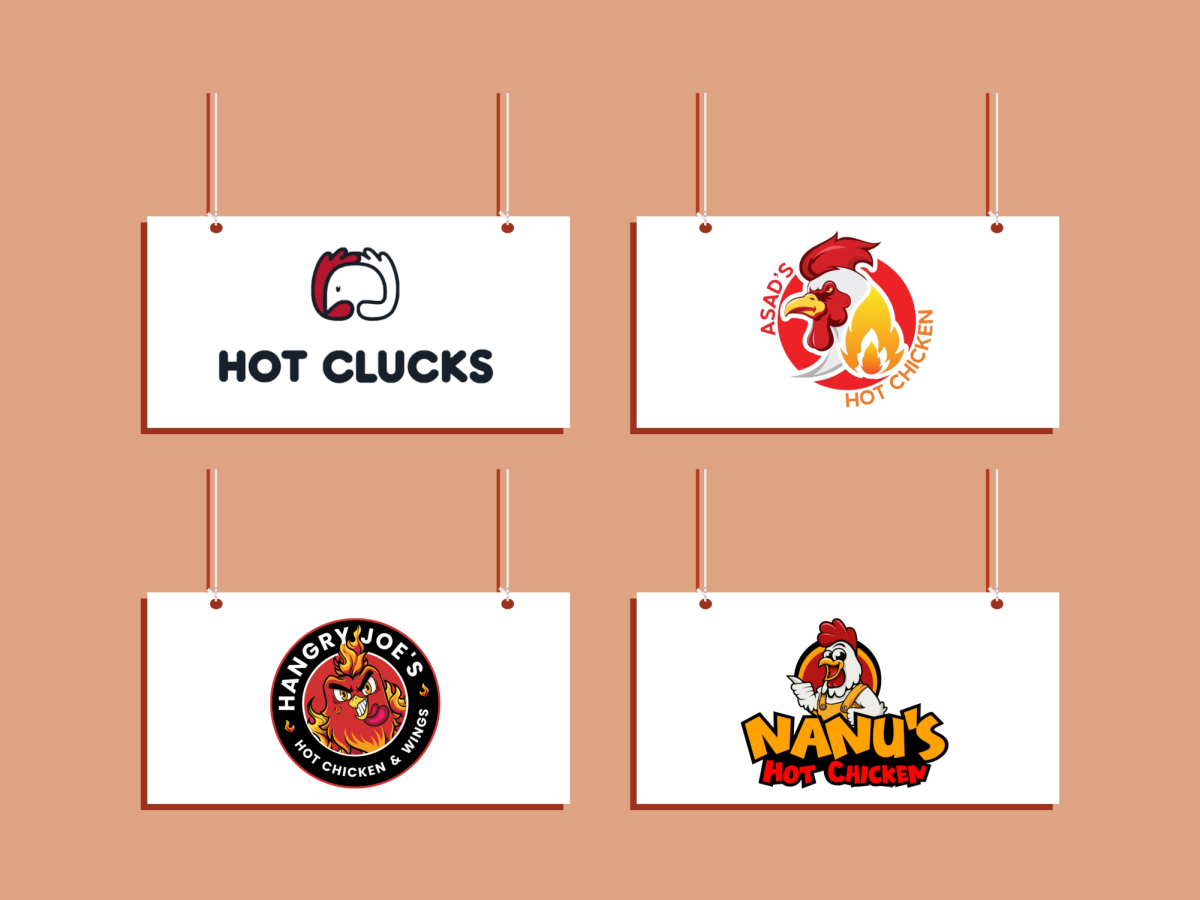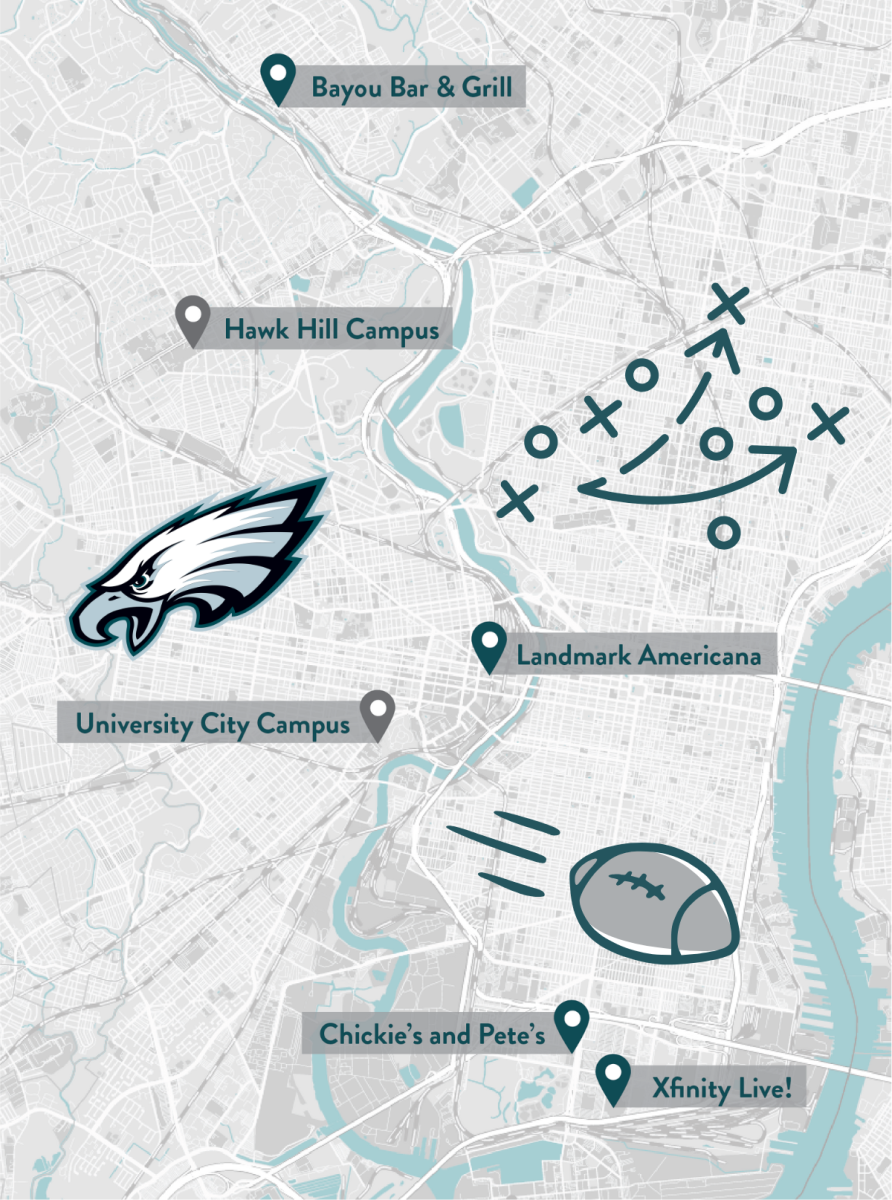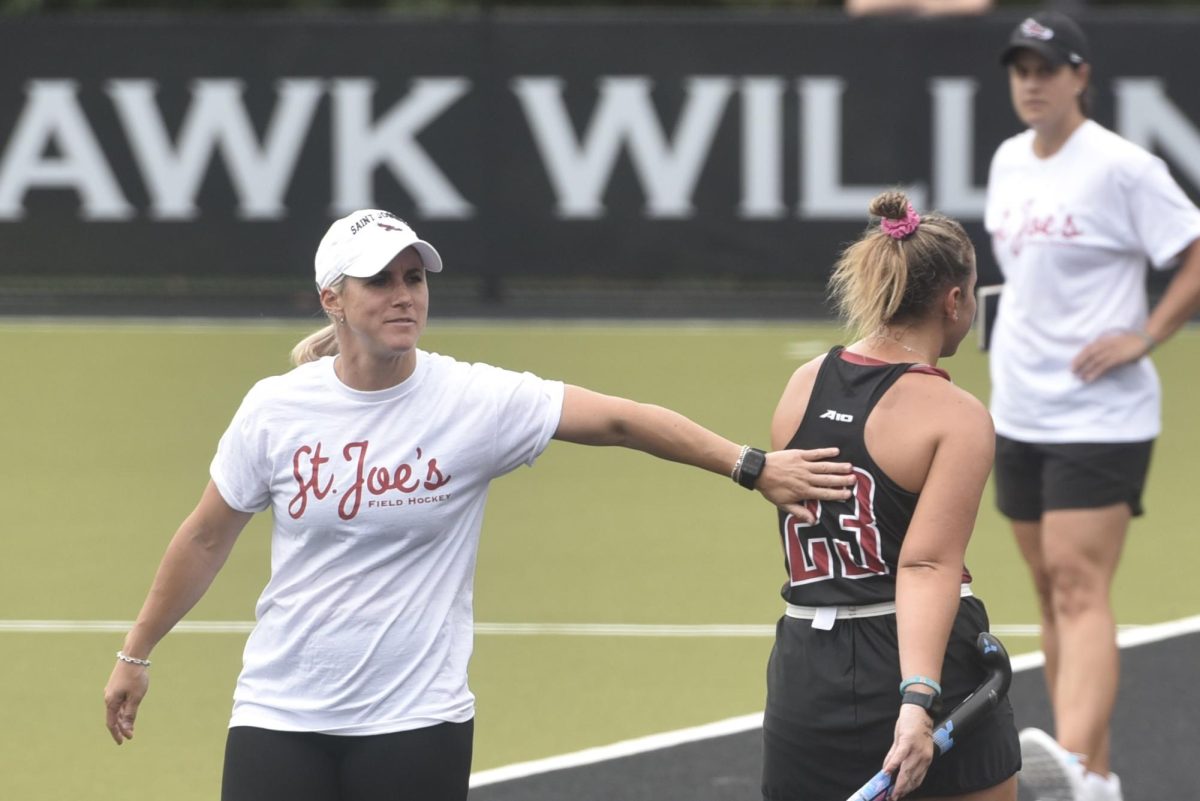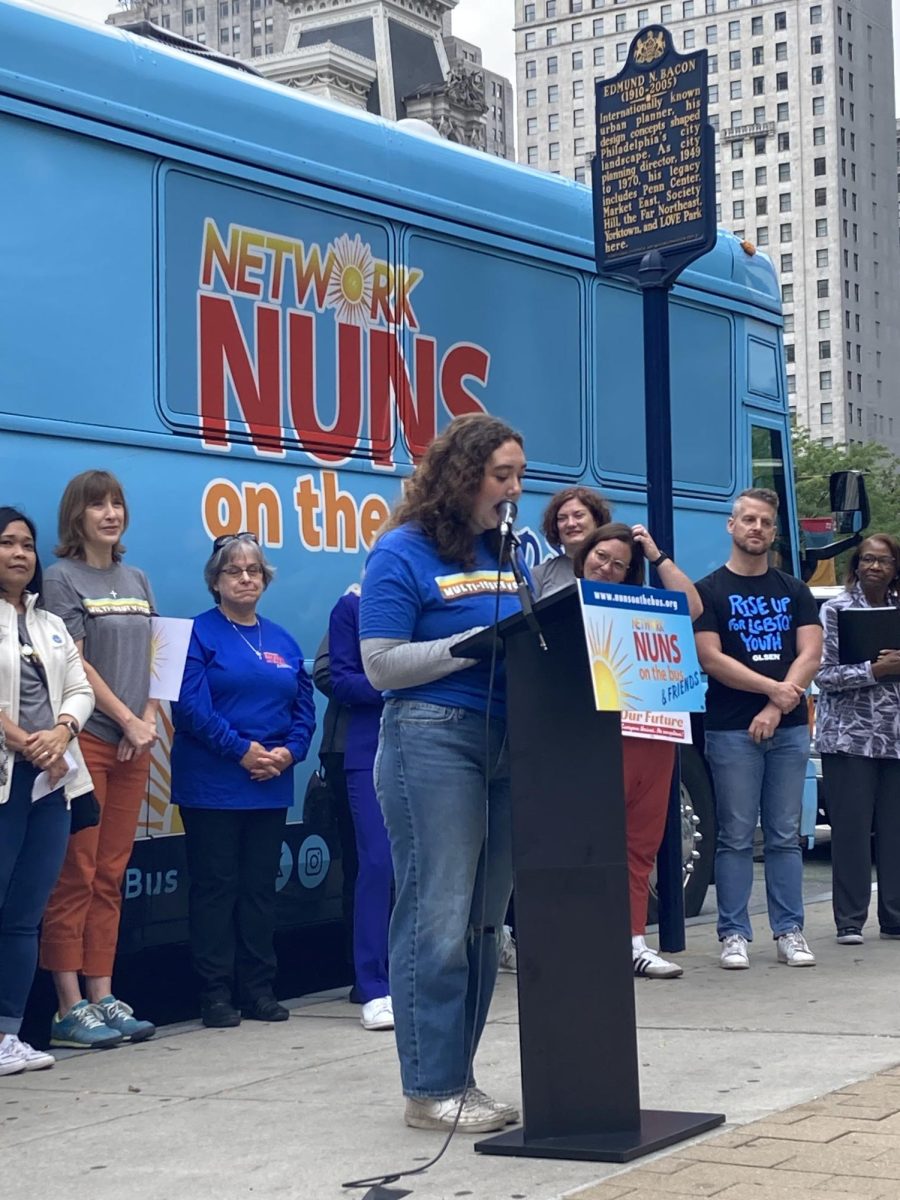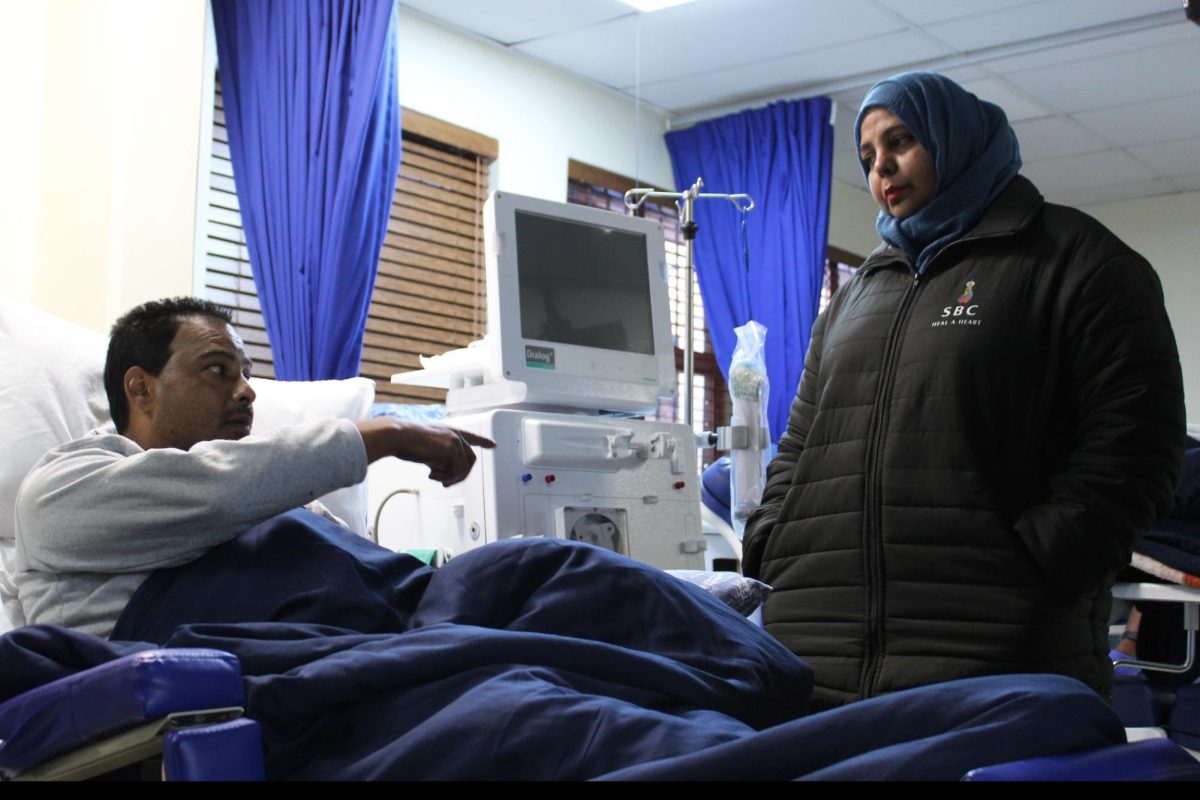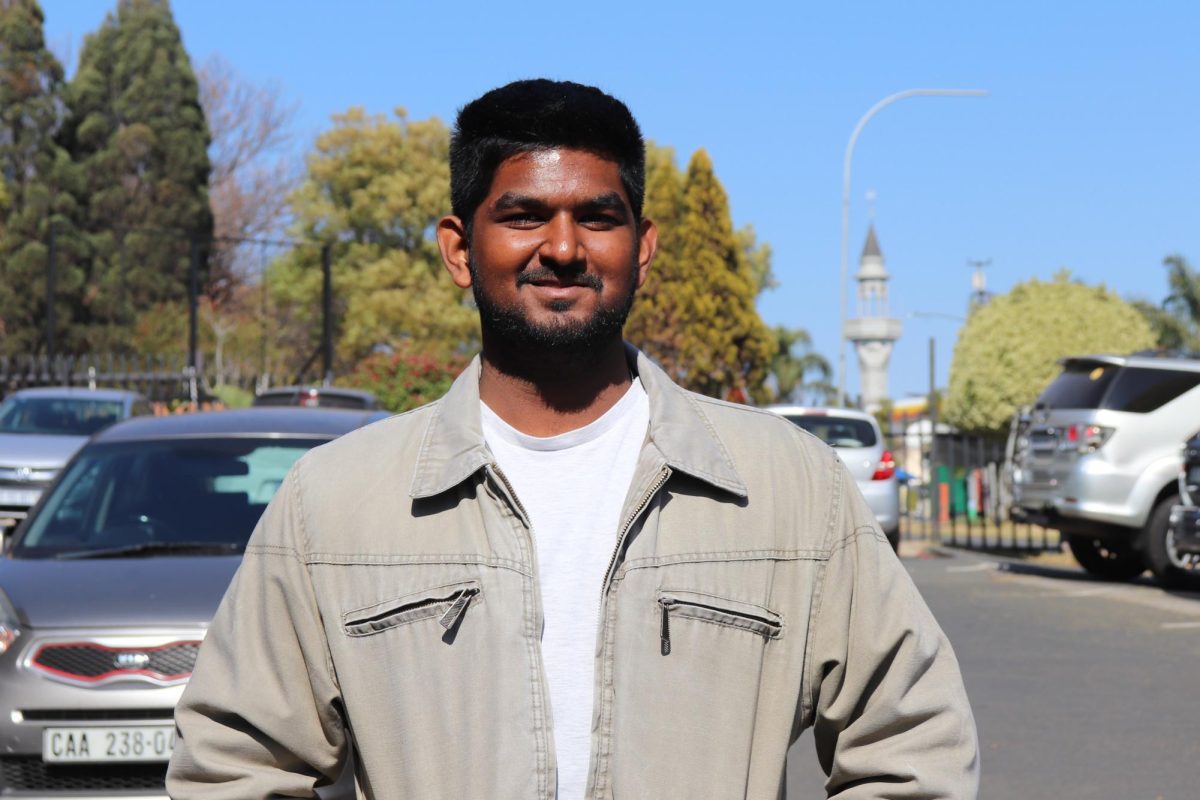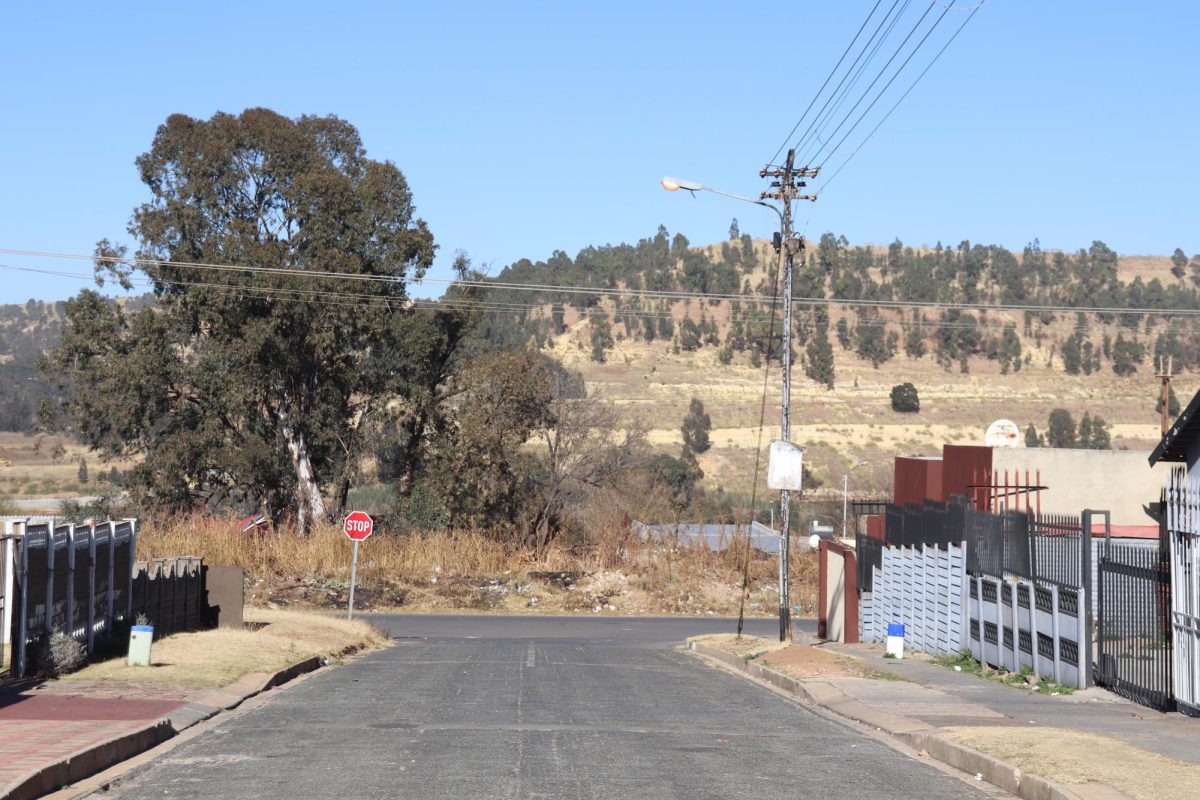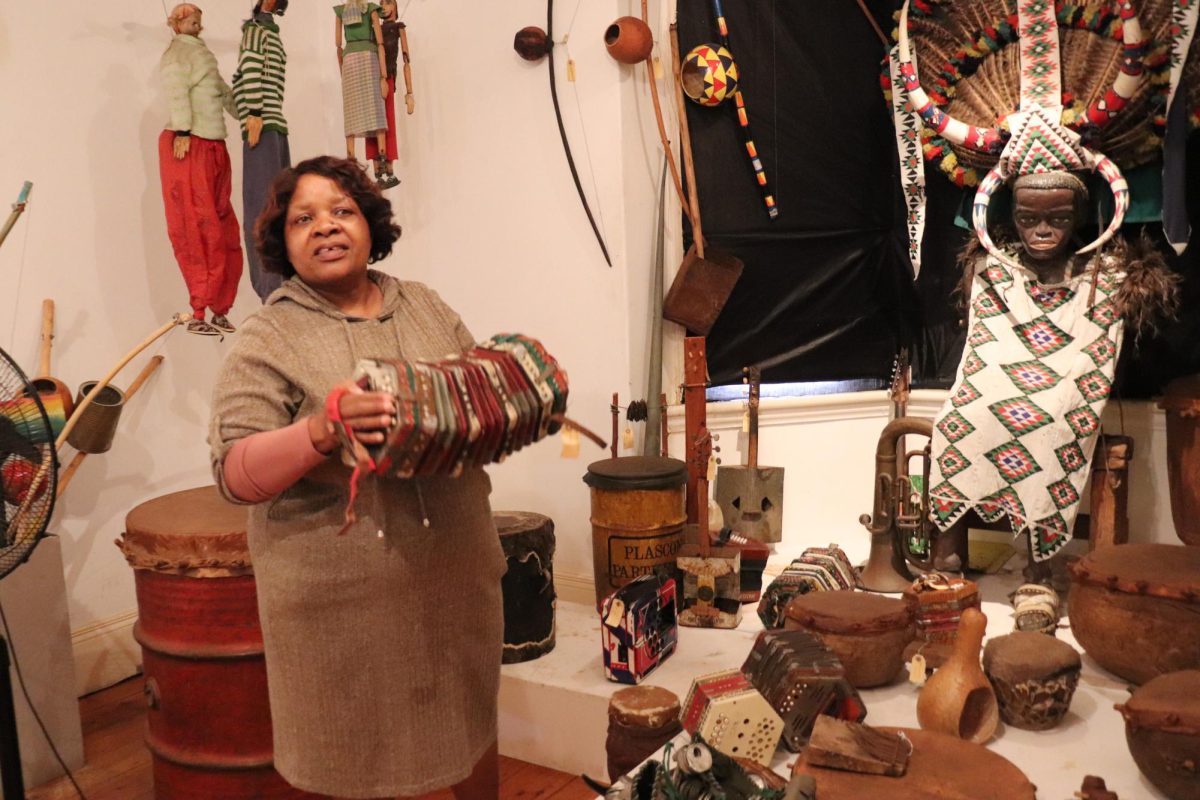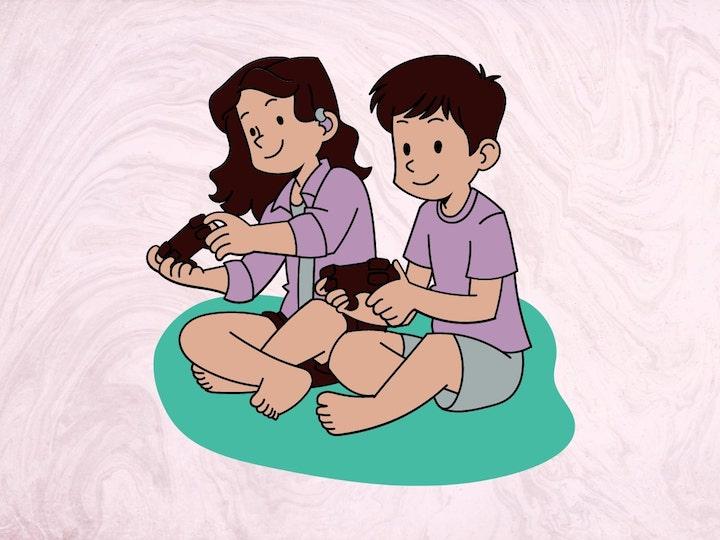The struggles of being a sibling of someone with autism can look a little different for everyone, as each person we encounter with autism is different than the last.
From my earliest memories, I always knew my big brother, Zach, was a little different than me. I never knew how to explain what way he was different or why. The only thing I knew was that I always felt like his big sister, even though that was not the reality. Growing up, I never felt jealous of him getting more attention from family or all of his at-home therapists that would come to our house multiple times a week. Rather, I wanted to be a big part of his support system and his best friend. These roles felt normal and pretty simple to me at a young age. I was never embarrassed of my brother or felt that I owed others an explanation as to why he is the way that he is.
As I started getting older, these things became more difficult for me. Living in a world with societal expectations, it is hard for Zach to meet these “requirements” society sets. Now, my brother is 23 years old. Because he is my only sibling, it can oftentimes be lonely as no one understands my personal struggles as his sister.
Any time I bring others home or to meet my family, I always feel that I need to preface these meetings by letting them know that my brother has autism. Whenever I am out with my family or just Zach, I often get embarrassed of what others may think. Guilt fills my body when I experience these feelings that I have no control over. I am not ashamed of my brother, but I am scared of what others may think of me, him or my family. I am petrified of judgment.
It has only gotten progressively more difficult. When he was young, his behaviors were more accepted by society as he was just a kid; but a 23-year-old man screaming in a Starbucks never seems “normal.” People stare and give dirty looks. Sometimes they make comments. I feel bad for my brother because he doesn’t even realize that he is being judged. I get frustrated when I encounter these situations. This frustration comes from two things — the fact that my brother has to experience the daily struggles that his autism presents and that the world can’t be more accepting of Zach and his needs.
I love my brother, and I have no intentions of ever disappearing from his world as we both get older. Despite these difficulties, I want to be his advocate, his supporter and someone he knows he can always count on. While growing up with an intellectually disabled sibling has its difficulties, my brother taught me the virtues of patience, acceptance and openness to not only neurodiverse individuals, but all members of our community. Zach taught me countless things about his world, the world that we live in and myself.


